Joanne Ross
JOANNE ROSS:
Born in Queens, NYC, Joanne Ross’s photographic practice explores questions of memory, history, culture, and place. Ross uses the camera intuitively as a natural extension of her drawing hand. Projects juxtapose multi-sized photographs into micro-narrative wall installations that juxtapose images to re-contextualize meaning. Ross holds an MFA in Photography from the SUNY Buffalo/Visual Studies Workshop, an MS Art Education from Syracuse University, and a BA Art Education from Buffalo State College. She has taught photography at the School of Visual Arts, Rockland Community College, Ramapo College, and the New Jersey Secondary School System. Awards/grants received by Joanne include the New York Foundation for the Arts Photography, the Art Institute of Chicago TICA, the Geraldine R. Dodge Foundation Artist/Educator, PBS Art 21 Artist/Educator, Earthwatch Costa Rica Rain Forest Environmental Documentation, and the National Endowment for the Humanities Scholar Grant Landmarks of American History and Culture. One-person exhibitions include the Nave Museum/Victoria/Texas, Edward Williams Gallery Gallery/Fairleigh Dickinson University, Center for Visual Arts/Metropolitan State University, Anderson Gallery/Virginia Commonwealth University, Guttenberg Arts Project Space/New Jersey and the Shed Space/ Brooklyn. Select group exhibitions include Frontline Arts/NJ, Founders Hall Gallery/the University of Wisconsin-Manitowoc, Gallerie Toolbox/Berlin/Germany, Exit Art/NYC, ArtHelix/Brooklyn, 92nd Street Y/NYC, Philadelphia Art Alliance, Virginia Museum of Fine Arts, New Jersey City University, Aferro Gallery/Newark, and Marymount Manhattan NYC. Photographic work is in the collection of the Bank of America La Salle, Visual Studies Workshop Archive, and private archives. Ross serves on the Artist Advisory Committee of the Board of Trustees at Guttenberg Arts non-profit artist residency program in Hudson County, New Jersey. Joanne lives and works in Nutley, New Jersey.
QUESTION:
A recent body of your work, “Parisian Hotel” 2019, tracks the relationship between memory, affect and photographic verisimilitude. In this group of photographs, as in numerous other bodies of your work, you deploy focus, or, more accurately ‘out of focus’ as a device to shift the dial of recognition and meaning. A lot of ink has been spilt regarding what an out of focus photograph signals. Gerhard Richter’s paintings –of photographs– have of course hogged that critical scene wherein focus is seen to address world historical events and memory as the gatekeeper of capital “H” History. More relevantly I think your work resonates with Robert Frank’s casual wrist-turn-shutter-click of found moments wherein one ends up with images that bristle with vernacular American history. In this regard with your work it feels like photography is implicated in a network of smaller interlocking histories both personal and cultural, When one looks at your work one thinks of travel photography, road movies, vacation snap shots, postcards, forensic photos, mug shots, every family’s Kodak archive. In the end you give the viewer a sort of genre sampling that then rendezvous with the question of focus. Maybe the question needs to be, what is it that is really out of focus in your work? Is it the object represented? Perhaps the genre implied by the particular image? Or even the use value of photography itself?
ANSWER:
When I think of focus, my thoughts project onto the present as each image continues its path to becoming an artifact of history. My imagination interprets the physical world in all kinds of ways. I can be blind to what I see before my eyes. My vision loses focus as camera images, captured in gestural movements, reflect the tenuous quality of time and life itself—ungraspable and never still.
Projects grow from everyday content and occurrences of the personal, cultural, sublime, dark, and ordinary. Images are woven into filmic, nonlinear sequences. These fragments can refer to an event that occurred an hour, week, day, or years before. Like notations for a book, I choose to focus on the conversation that emerges from what is sharp or soft, beautiful, or ugly, revealed or obscured as a way to construct visual sentences that suggest narratives…
In my photographic practice, I have been influenced by the Photo-Secessionists, who emphasized the subjective vision of an altered image over a sharp, straight photograph. Whether straight or manipulated, photography is personal. In my recent project, “Parisian Hotel” 2019, I documented my road trip from New York to Miami Beach, stories emerged that were subjective yet familiar. Like the project’s title, taken from the name of an old Miami deco motel, the narrative implies fantasy and desire—a place not quite real, subjective like a memory.
While my projects represent things, faces, locations, or genres that exist as records from an ever-streaming interpretive archive, the camera can be a fickle memory tool within this vernacular. I often look backward like a stranger reinterpreting my own history. Seen anew, I become caught in an endless film loop of unfolding stories that intermix time and events. Are the pictures real or inventions? Elusive in the act of making known, what is there? A remembrance? Cultural history? Contradiction, shifting values, uncertainty? In the most mundane abstract image, where no discernable subject exists, my mind seeks to create meaning.
As my eyes touch the surface of blurred images and reflect on bits, notions, and ideas, the pictures and all they contain become props for an unstable story. The truthfulness of a photograph seems capricious and intangible. What is the use-value of photography? At the end of the day, perhaps that chameleon-like quality is the use-value of photography. The camera becomes a tool for an unreliable narrator who invents fiction—never quite real, always vague, and forever fleeting.
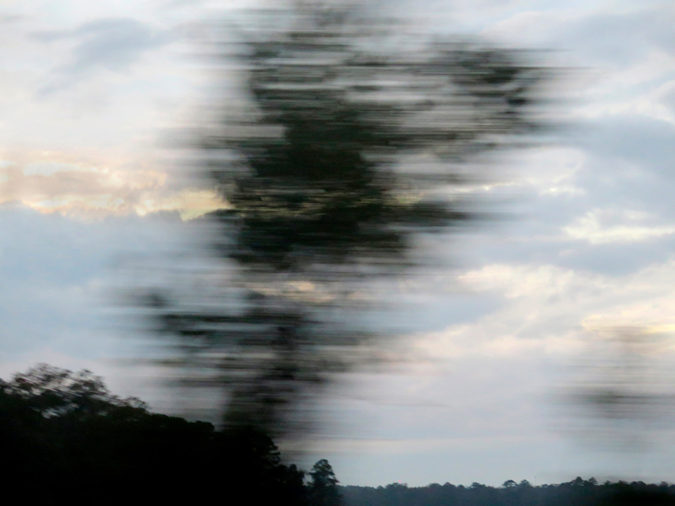
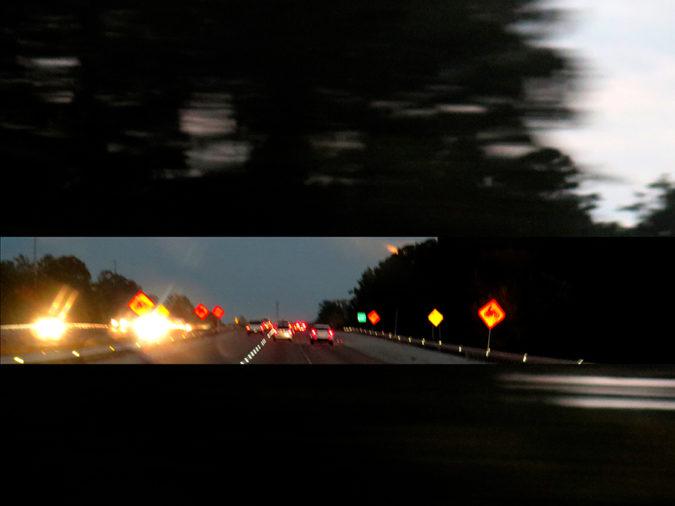
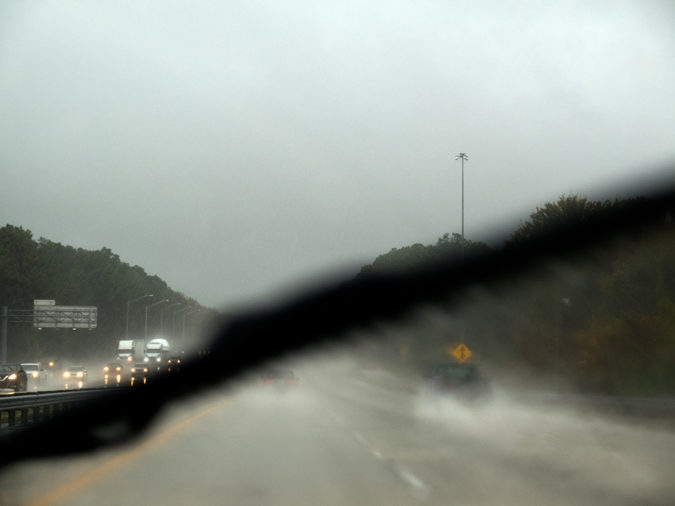
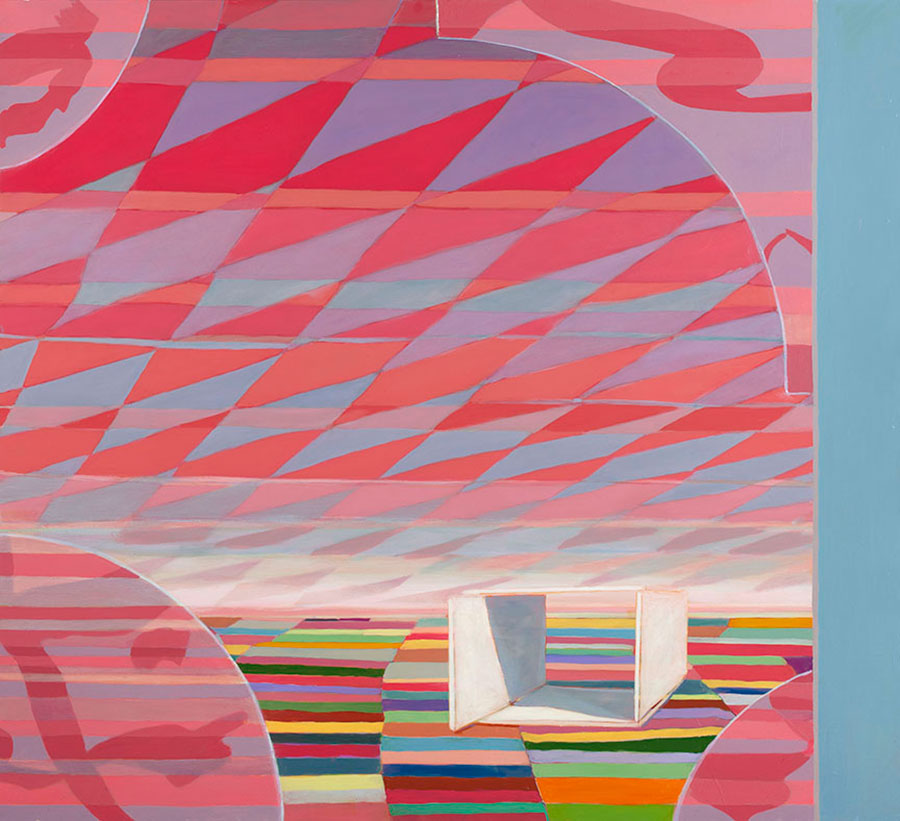
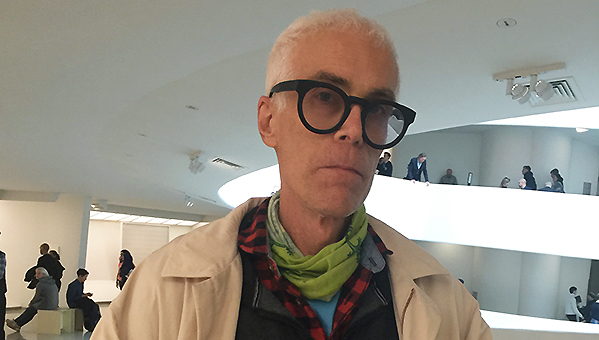
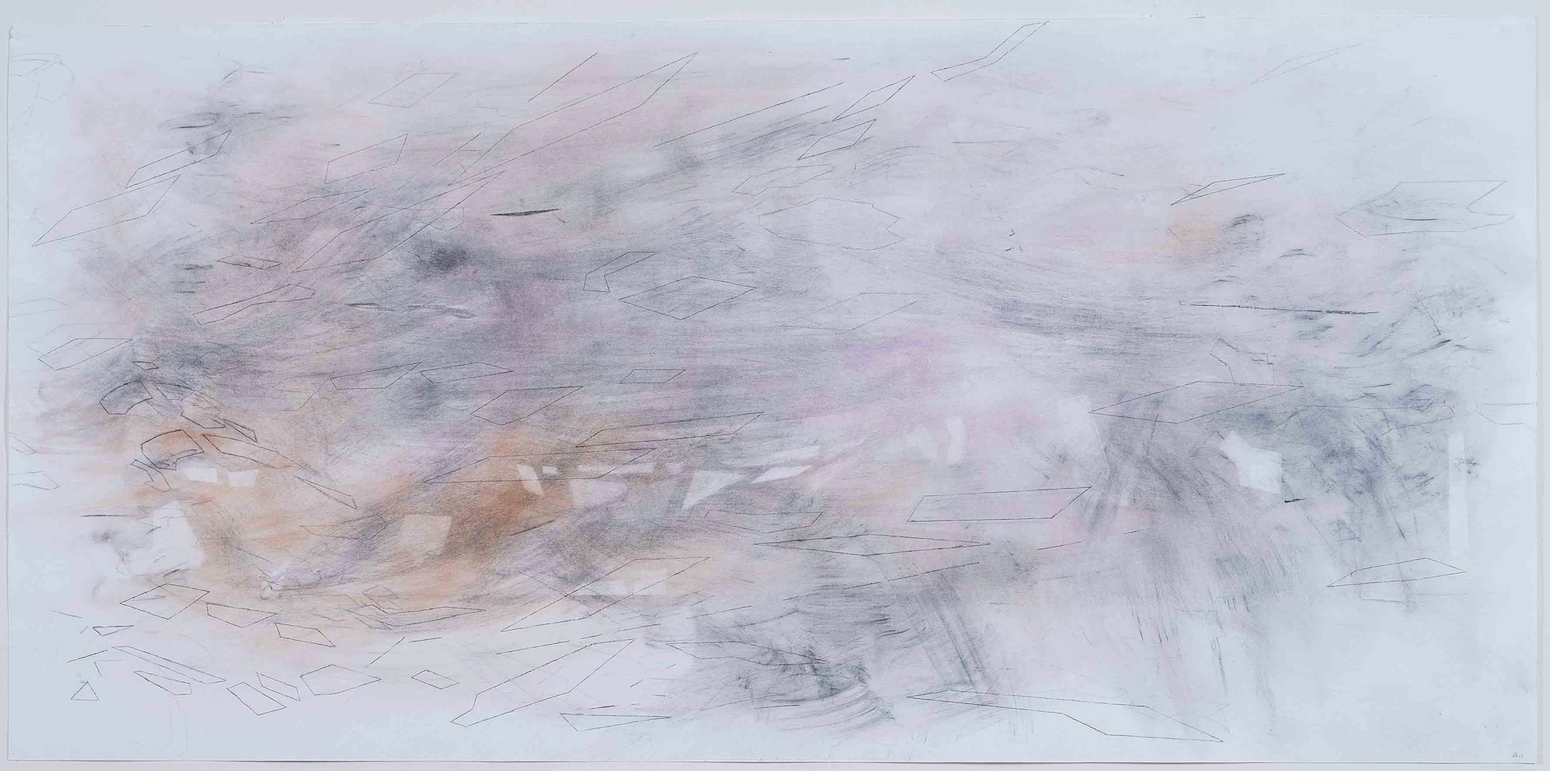
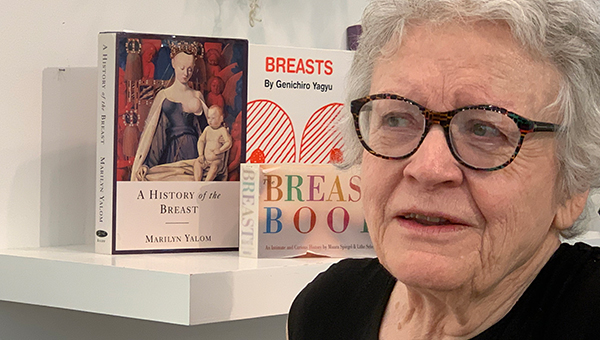
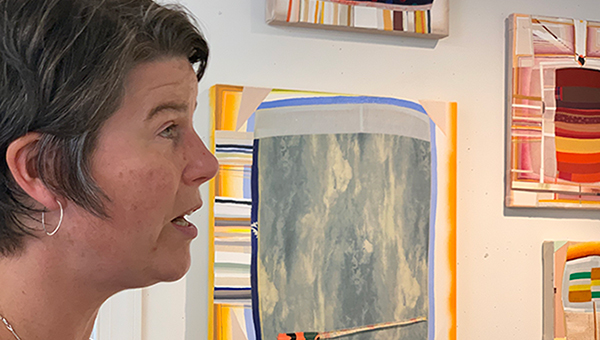

Great work! Great answer!
Very impressive!
Stunning pictures! I wish this site could suggest how you work with the size of photos, one next to or on top of the other, etc. because that is when I sense the feelings you articulate in your answer.
OH YES !!!